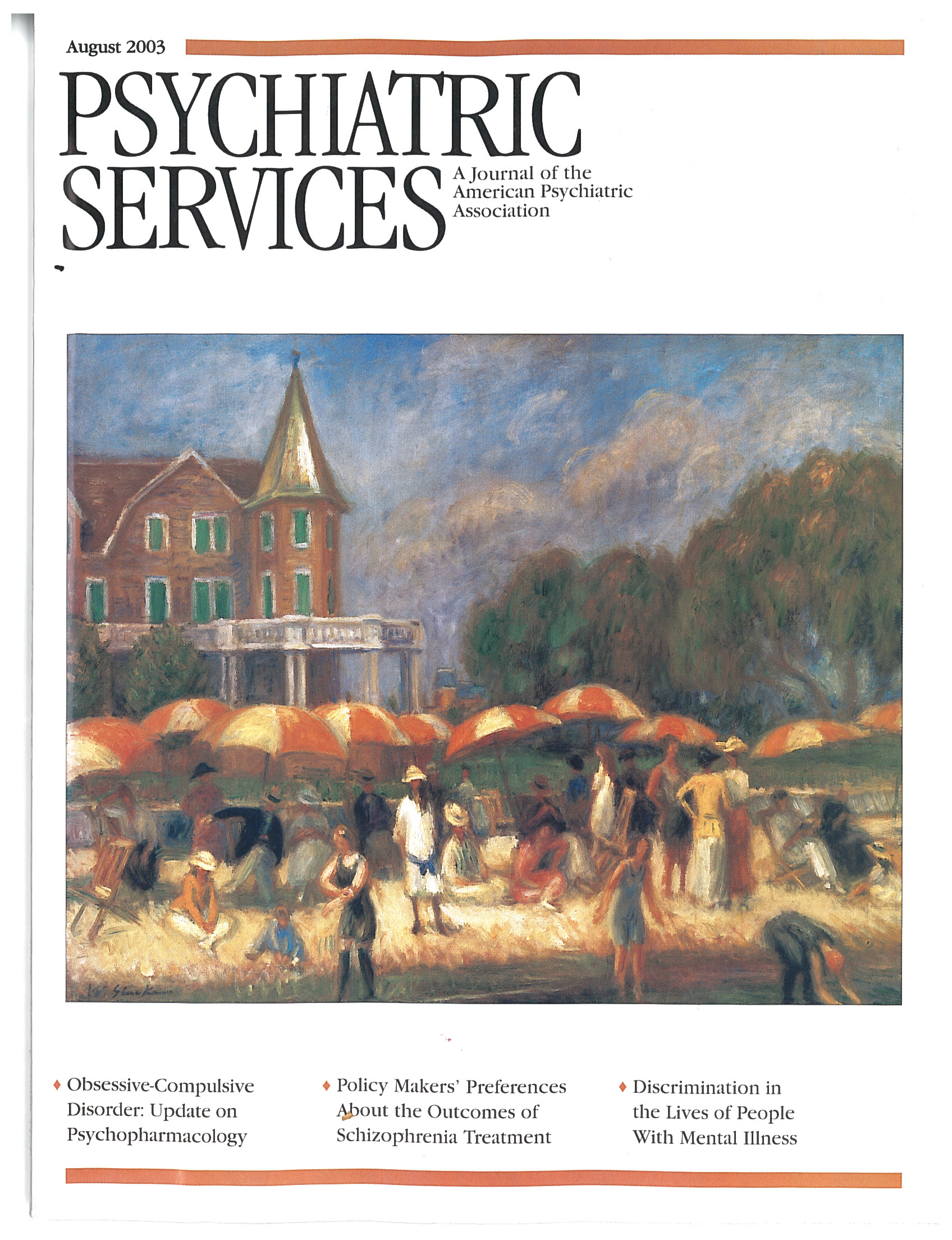Medication Errors in Psychiatry
To the Editor: Two articles and the accompanying editorial in the May issue document beautifully a delusion of most physicians: Doctors believe that patients take their medication as prescribed. If state hospitals and other programs that closely monitor outpatients are not able to ensure that patients take their medication, what evidence do we have that any patients, psychiatric or otherwise, really consume what physicians intend for them to take?
Part of the problem is the terminology used. "Patient compliance" denotes coercion, such as when citizens comply with traffic laws. Medication consumption is a collaborative endeavor. We must help patients understand how to use a medication and what to expect when they use it.
We expect that computers can simplify the prescribing process, but anyone who has experienced a computer crash knows that this expectation is not entirely realistic. In my practice, for some time, I ask my patients to print—in capital letters—their name, address, and the name of the medication, which involves them in the prescribing process and helps them to know what medication they are taking. I explain that it is important to make sure that they get the proper medication from the pharmacy, and they all understand such instructions regardless of any problems they may have with reality contact. I have found that even the most disturbed people can participate in the prescribing process. When I worked in a long-term-care hospital, some patients were more able than staff members to name the medications that they were taking.
I propose the following simple measures. All prescriptions and orders for medication should be printed in capital letters, and patients should be involved in writing prescriptions whenever possible (it may not be possible in some institutions). Certainly other, simpler ways of drawing attention to medication can be developed. Requiring that all medication orders and nurses' notes about medication administration be written with a red pen would focus attention and would also highlight the importance of medication. When I review charts it is often difficult to determine what medication the patient received and when.
Clearly there are many steps we can take to increase the reliability of medicating patients, and I am sure that your readers will offer other practical suggestions.
Dr. Cohen is in private practice in Atlanta.



